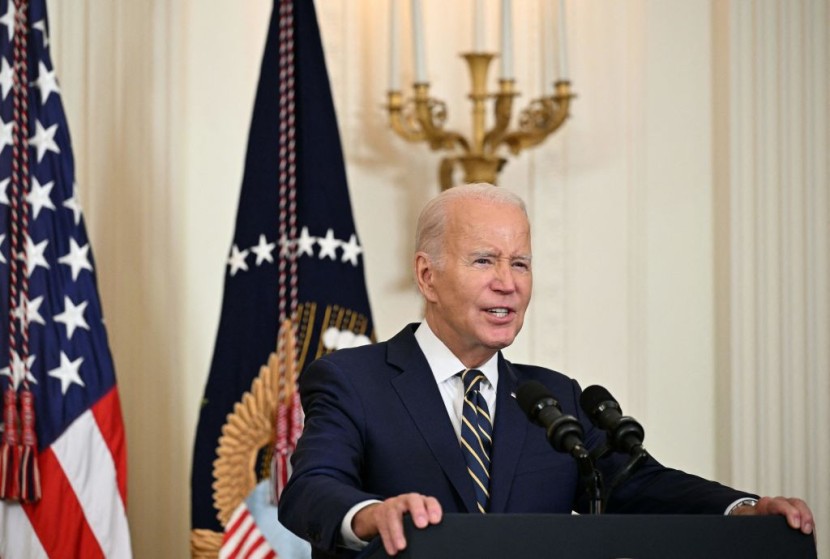The Biden administration is cracking down on health insurance companies that violate federal legislation mandating that they cover mental health treatment at par with other types of care. The government has proposed new regulations that, it claims, would ensure compliance on the part of insurers or face steep penalties.
The insurance industry is claiming innocence and has the support of some of America's largest corporations in their argument that the Biden administration's proposal might make a difficult situation much tougher to solve.

Health Insurers Under Scrutiny
The fight comes at an all-time high for the United States demand for mental health treatment, which has been on the rise since the beginning of the pandemic and shows no signs of slowing.
Neera Tanden, chairman of President Joe Biden's domestic policy council, told POLITICO, "We always hope for collaboration, but the rule has sticks as well. We hope insurers will change their behavior going forward without the sticks, but we will continue to fully enforce the parity law."
One of the sticks is a daily fee of $100 per policyholder if insurance companies do not plug the loopholes allegedly being used to reduce the amount they pay for mental health services. The government claims that these strategies include mandating prior clearance from insurers before providing treatment, paying providers less for mental health services, and restricting patients' access to sufficient doctors inside their insurance networks.
Insurance firms argue that Biden is unfairly blaming them and that they are making significant progress using tools like telemedicine to improve patient's access to treatment, broaden their choice of providers, and raise their reimbursement rates. Additionally, they are working to encompass mental health into primary care better.
According to insurers, there is a critical shortage of trained professionals in the field of mental health. KFF health policy researchers estimate that almost half of all Americans reside in regions that are severely understaffed in the field of mental health.
The White House, however, cites a 2022 report to Congress from the Departments of Health and Human Services, Labor, and Treasury, which concluded that not a single one of the 156 insurance plans and issuers examined had been measuring their compliance with the 2008 legislation as required.
Anxiety, Depression During COVID Era
Anxieties about the illness and the social isolation of government lockdowns aggravated preexisting mental health issues and drug use disorders, propelling the issue to the forefront during the COVID-19 pandemic.
KFF found that over a third of respondents reported experiencing anxiety or depression during the COVID outbreak and that 90% of US citizens believe the country is in the midst of a mental health crisis.
According to the latest current statistics from the Centers for Disease Control and Prevention (CDC), the suicide rate reached a record high of 14.1 per 100,000 persons in 2021.
However, there has been a delay in getting necessary medical attention. According to the most recent statistics from HHS, more than half of individuals with mental illness are not treated.








